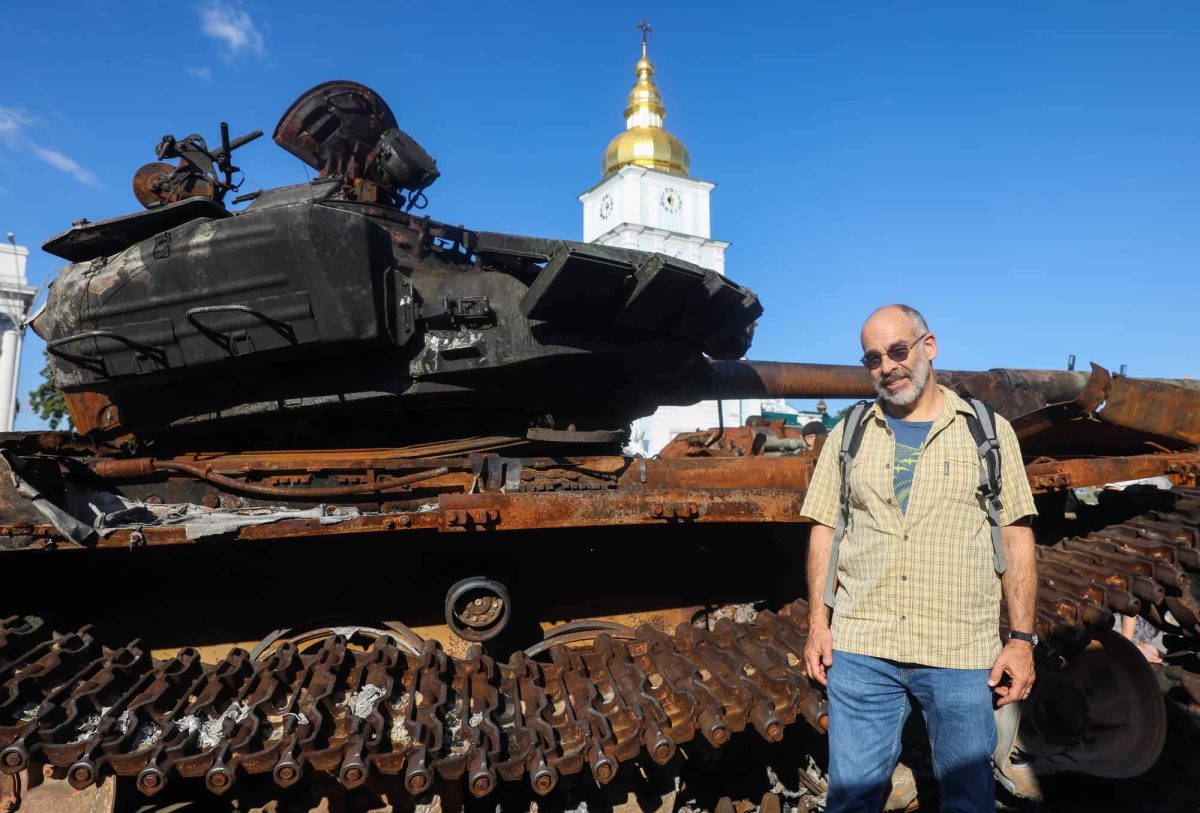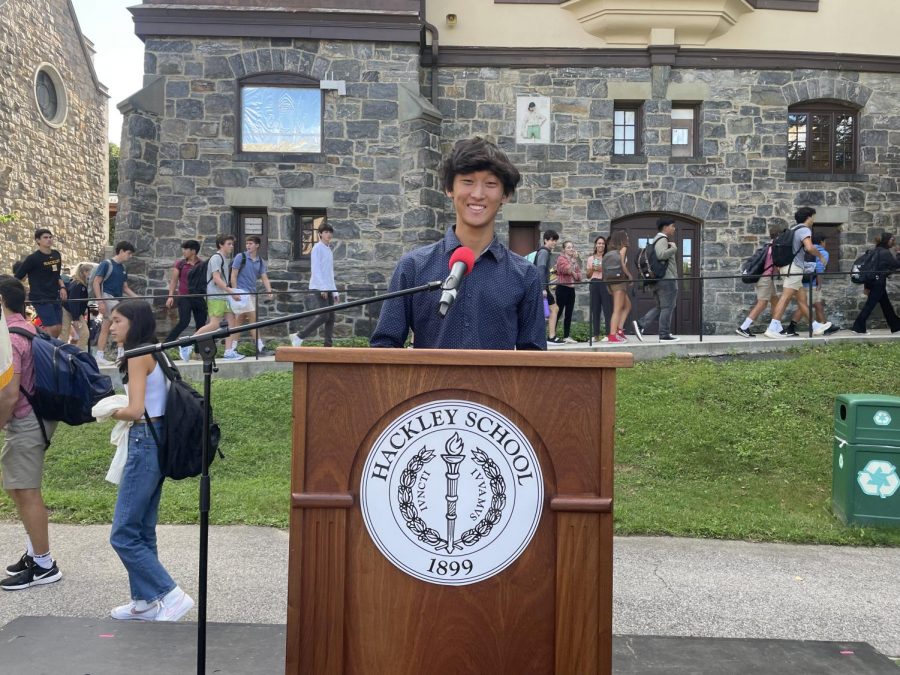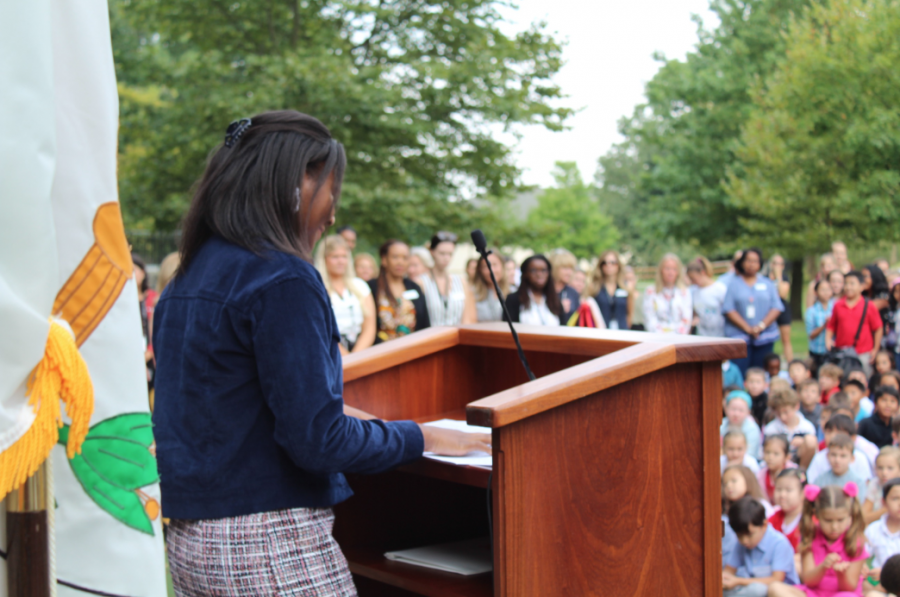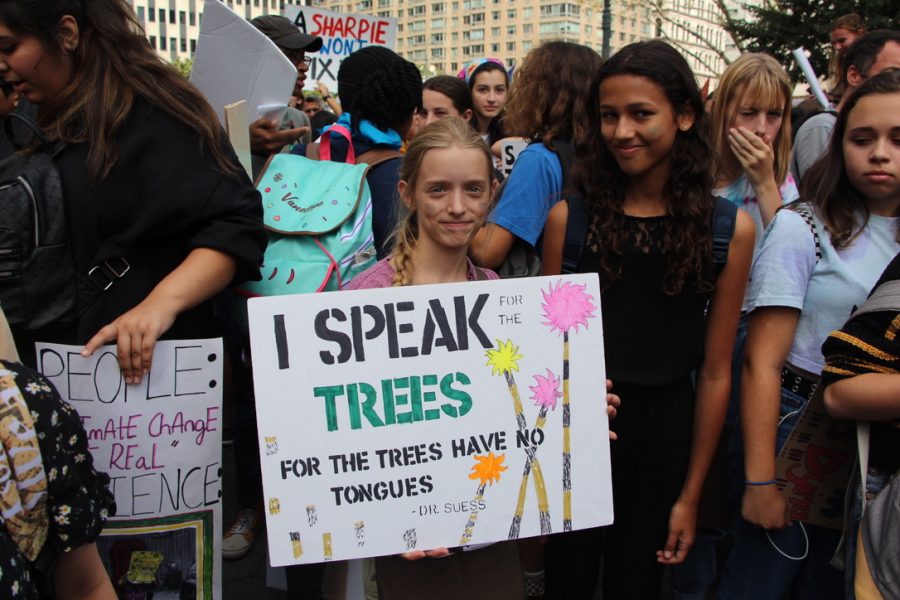Q. How were you finally able to make the decision to leave Iran and immigrate to the US?
A. The decision was made for us. Riots and demonstrations had begun; closed, so my dad decided to send us to our vacation home in the French Riviera. We thought we were going for a few weeks until things calmed down, but it turned out to be forever. We didn’t emigrate from France to the US until a few years later.
Q. What experiences in Iran do you bring with you as inspiration in the US?
A. Hospitality. That’s a sacred thing in Iran – always be hospitable, share your food, share your home, be welcoming. Also, manners, especially towards elders. In Persian culture, you always pay your respects to the elders and family – every occasion, every holiday. Finally, family. Family’s very important in Persian culture – not just the nuclear, immediate family, but also aunts, uncles, cousins, grandparents, etc. My cousins are like my brothers and sisters. My aunts are like moms.

Q. Did you face discrimination in the US and why?
A. My parents waited until the fall out from the hostage crisis had died down before bringing us here. In France, I faced no discrimination. French people understood we were forced to flee, and that we were not supporters of the Islamic regime. In the US, I never felt discrimination at Hackley. My first experience with discrimination was at law school (Georgetown) with a professor who couldn’t stand me because I was from Iran. I also faced it in interviews with some law firms. But, beyond that, it’s been a question of educating those around me about reality vs. perception.
Q. What about Hackley was more appealing and made you feel more accepted?
A. People were really friendly. I was a good student, so I enjoyed it academically as well. I just went with the flow. I had moved quite a bit, so I never stopped to think about adjusting, I just assimilated and made the best of each situation.
Q. Who was one of your role models as a young girl and why?
A. My aunt, Haleh Afshar, who is a professor and a member of the House of Lords in England was always a role model for me, as were my parents and grandparents. I grew up in a matriarchy, so I always had strong female role models. Other childhood role models included Marie Curie & Jane Goodall.
Q. What’ve you taken away from your experiences, and how have you used those in your career?
A. I can assimilate in any situation. I guess I’m somewhat of a chameleon. I tend to be outgoing. I went to three high schools in four years, but felt like part of a community in each situation. Whether in my career or personal life, I find community is the key to a fulfilling life. That and gratitude. I try to focus on the positive.





